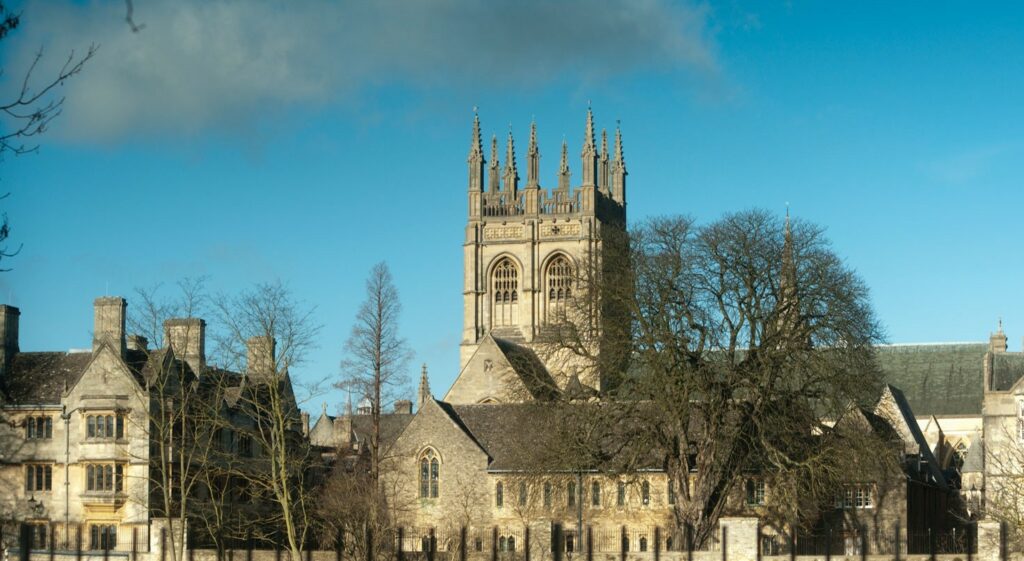According to the four-time British premier of the late nineteenth century, William Gladstone (1809-1898), Oxford “inculcated a reverence for what is ancient and free and great.” Today, about a century and a half later, one of the ‘prestigious’ markers of the university seems to be reverence for what is politically correct.
Take a look at Merton College. They have decided to plan a series of debates aimed at reflecting on burning ethical issues—provided, however, only one narrative is allowed: the LGBT+ one.
As we read in The Telegraph, the college advertised an event entitled Conversations on equality in order to deepen the theme of ‘trans-intersectionality’ and discrimination suffered by trans people. However, there is a significant caveat: any opinion that doesn’t conform to the rainbow agenda is banned from the debate. Participants must even adopt a code of conduct in which they promise to “refrain from using language or putting forward views intended to undermine the validity of trans and gender diverse identities.”
The same article in The Telegraph ‒ by Camilla Turner and Ewan Somerville ‒ reports: “This is likely to include the view that there is a difference between sex and gender identity, as well as the view that those who are biologically women are not exactly the same as transgender women who are biologically male but identify as female.”
There was push-back at University itself, even within the same college. Professor Selina Todd, for example, said that “[her] understanding is that universities and colleges are supposed to be upholding free speech,” but that she was “stunned” by the regulation imposed during this debate, calling it a “dangerous” precedent.
Similarly, Michael Biggs, professor of sociology at the same university, said that “the code of conduct seems intended to instill anxiety in the audience, who cannot know what viewpoints are forbidden”.
The turnabout
The controversy has had effects.
On Wednesday last week Merton College decided to review the rules of the debate and it removed the code of conduct from the event page, replacing it with a generic statement of support for free speech.
The Telegraph reports: “The University and College prioritise the protection both of academic freedom and of their members from unlawful discrimination.” The new statement goes on to say that Merton College “seek[s] to foster a culture of robust expression of opinion and debate that does not tolerate any form of harassment or victimisation,” for which reason “we and the University are committed to fostering an inclusive, diverse environment and to ensuring that all our staff and students, including LGBT+ members of the community, are able to thrive and realise their potential.”
So, all’s well that ends well? Yes and no. Because it was also reported in recent days that Professor Todd was given security guards for lectures after threats from transgender activists.
The Merton College case teaches us two things. First, on certain topics ‒ as explained by Dr. Marcus Evans in his testimony at IFamNews ‒ there is a culture of intellectual censorship that does not admit dissent. Second, the partial turnabout of Merton shows that only if there is someone willing to rise up against the imposition of a single thought, it is possible to challenge that culture.
